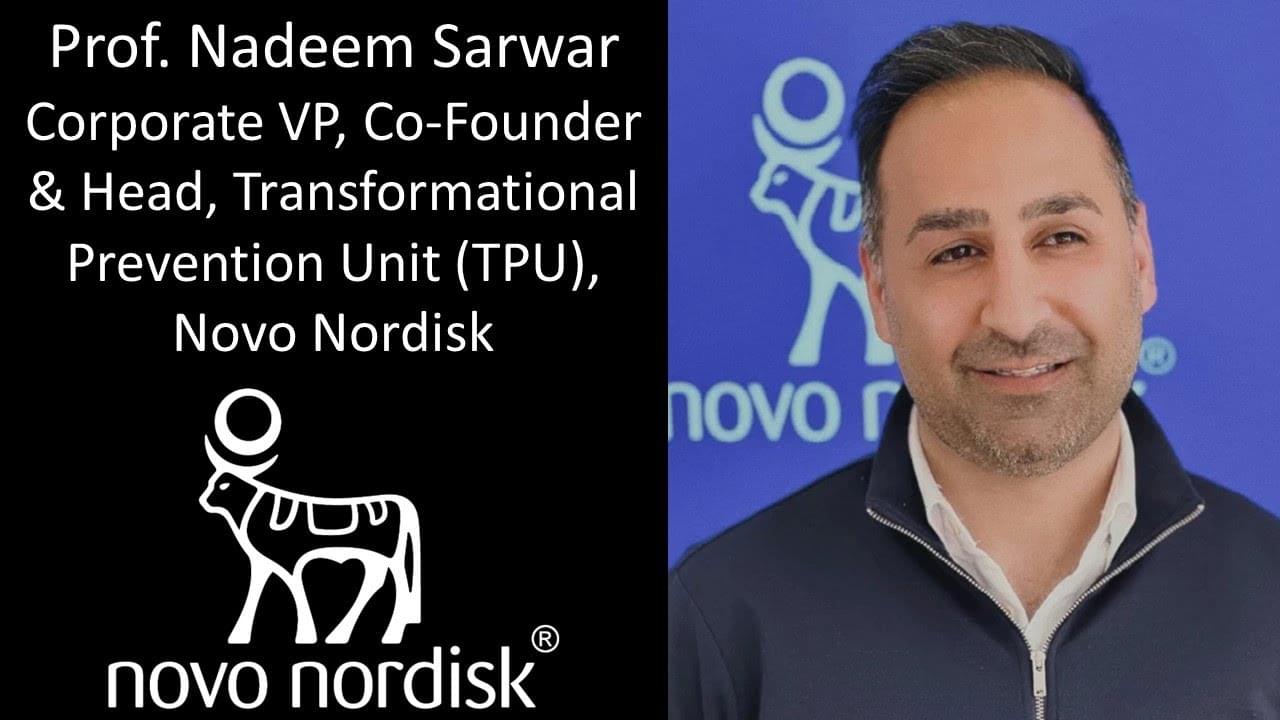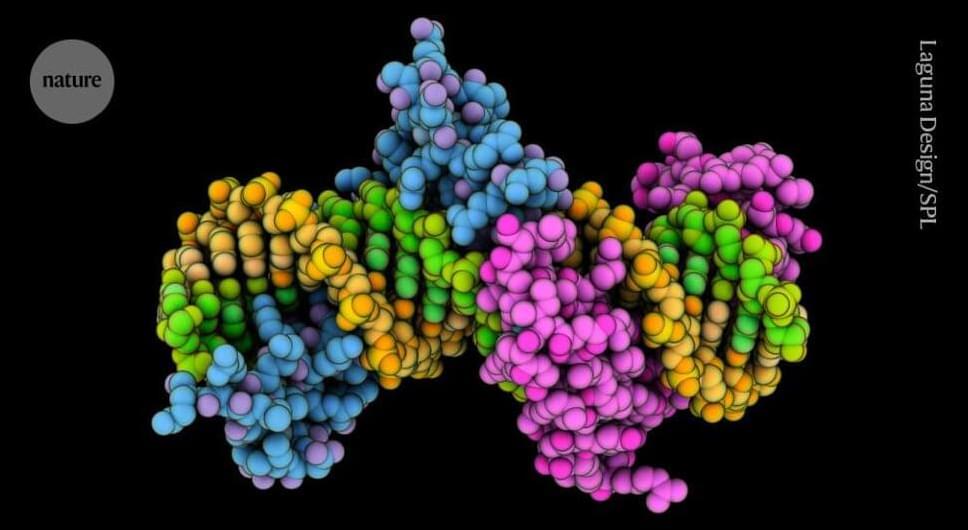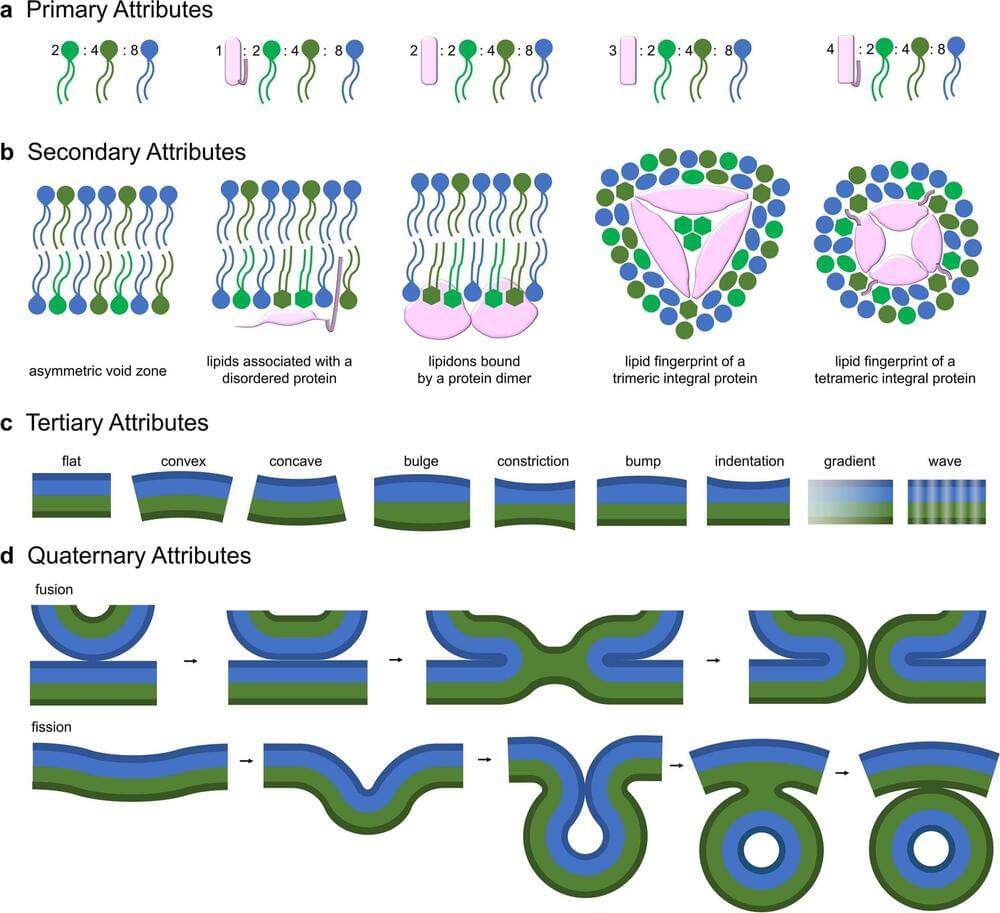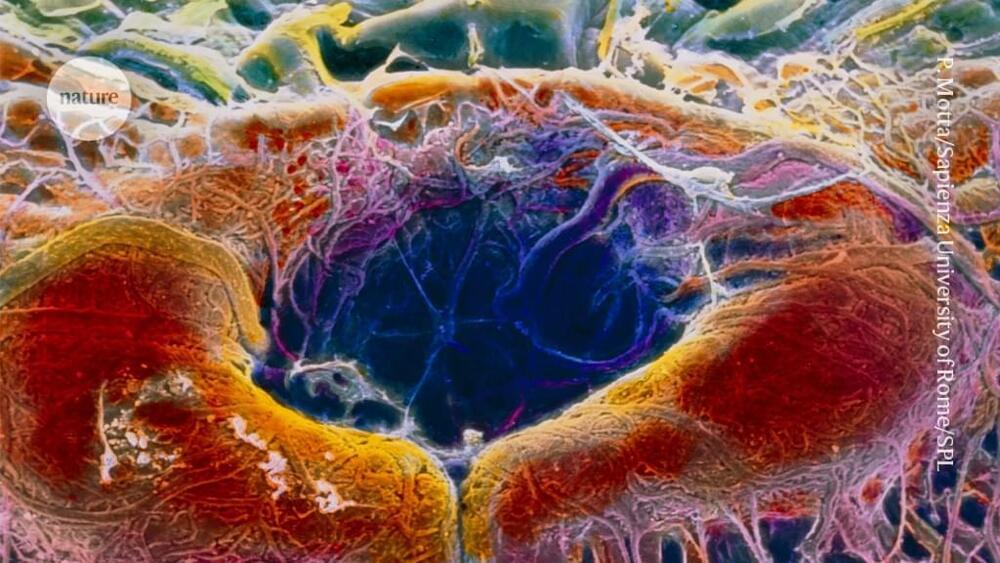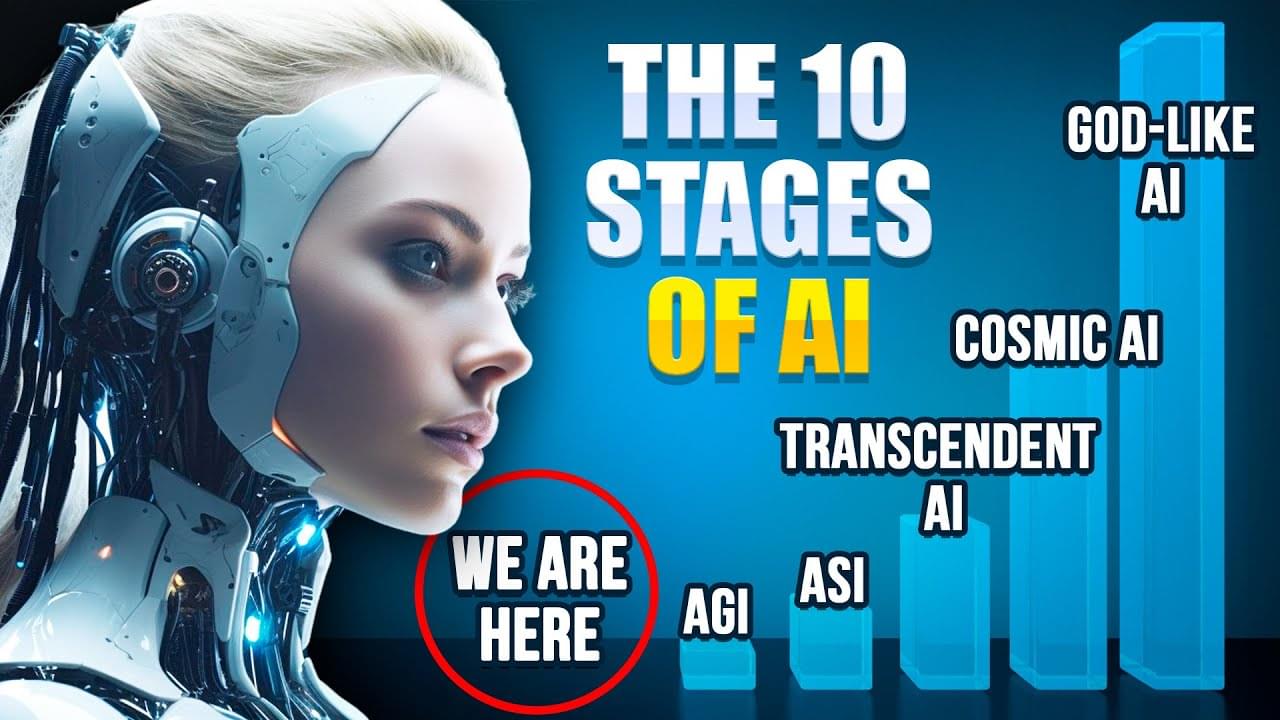Mar 1, 2024
Prof Nadeem Sarwar — Corporate VP, Co-Founder & Head, Transformational Prevention Unit, Novo Nordisk
Posted by Ira S. Pastor in categories: biotech/medical, business, genetics, government, health, neuroscience
Professor Nadeem Sarwar is Corporate Vice President, Co-Founder and Head, Transformational Prevention Unit, Novo Nordisk (https://www.novonordisk.com/partnerin…), Co-Chair UK Dementia Mission (a UK Government Ministerial appointment) and Honorary Professor, University of Edinburgh Medical School.
Professor Sarwar joined Novo Nordisk in June 2023 as Corporate Vice President, Co-Founder and Head of Novo Nordisk’s new Transformational Prevention Unit (TPU) whose mission is to increase obesity-free life years, so people live healthier and longer lives. To achieve this, the TPU is establishing an integrated ecosystem that will deliver science-first, empowering, and scalable commercial solutions that predict and pre-empt obesity and its consequences through innovative partnerships, with solutions intending to push the boundaries of what is possible with drugs, genomics, microbiome, digital health, and behavioral science.
